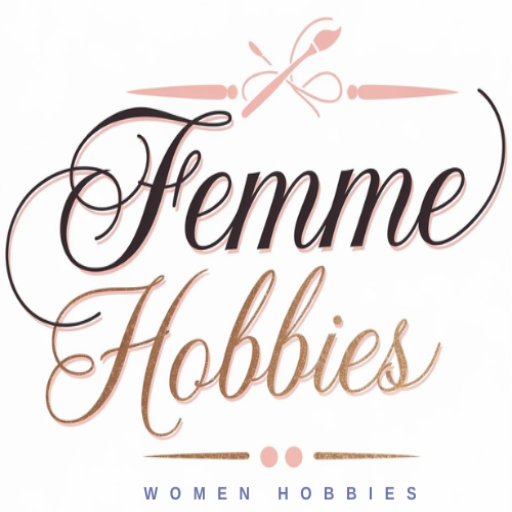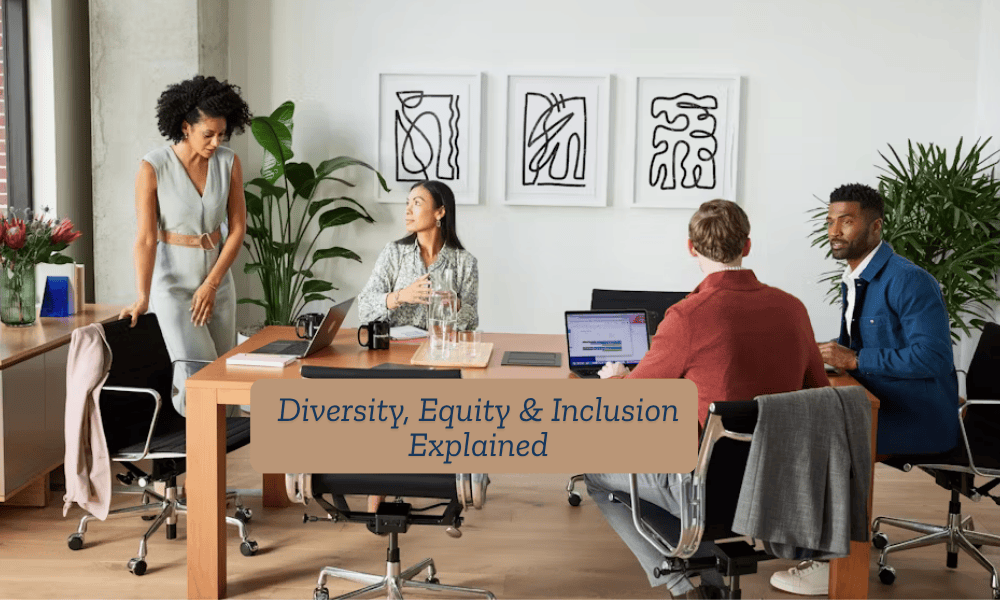If you are searching for the real meaning of DEI, you have likely hit a wall of political noise and corporate jargon. Let’s clear the air. This isn’t another partisan debate; it’s a human guide to understanding how we build a world where everyone can thrive.
You keep hearing DEI on the news, in your workplace, or from friends. It’s either praised as the key to a fairer future or attacked as a controversial agenda. The noise is deafening, and it can be hard to find a clear, human explanation that cuts through the politics.
I get it. I have been there. That’s why we’re not going just to define an acronym today. We’re going to unpack what DEI feels like, why it matters in our daily lives, and how understanding it can change the way you see the world. Think of this as a quiet conversation, away from the shouting matches.
Whether you’re trying to understand DEI meaning in politics, DEI meaning in business, or simply what this term means in everyday conversation, let’s start by understanding the real, human problem DEI tries to solve.
The Before Picture – The World Without DEI
Think of a time when you felt invisible, unheard, or unfairly overlooked. Maybe your boss dismissed your idea in a meeting, only to praise it when someone else repeated it five minutes later. Perhaps you were excluded from a group conversation because you didn’t share the same interests or background. Or you watched a more connected colleague get promoted despite having similar qualifications.
That feeling, of your voice not carrying the same weight, of your potential being capped by a bias you can’t control, is the ancient problem that DEI is a modern answer to.
For generations, systemic versions of this feeling have impacted entire groups of people. Women have been passed over for leadership roles. People of color have faced barriers in housing, healthcare, and career advancement. Individuals with disabilities have been excluded from opportunities. The LGBTQ+ community has been marginalized in workplaces and communities.
These aren’t isolated incidents. They’re patterns that have shaped our institutions, communities, and daily interactions for decades.
So, if that’s the problem, what’s the solution? Let’s break down this loaded acronym into its human parts.
The Heart of the Matter – D, E, and I Explained
Understanding DEI meaning requires looking at each component individually. These three words work together, but they represent distinct concepts that build upon each other.
Diversity: Being Invited to the Party
Diversity is the who. It means having a mix of people from different backgrounds, races, genders, ages, religions, sexual orientations, abilities, and experiences in the room.
Think of it as being invited to the party. A diverse workplace might include people from various ethnic backgrounds, different generations, individuals with disabilities, and people from different socioeconomic backgrounds. A photo of people from different demographics standing together represents diversity.
But here’s the thing: diversity alone isn’t enough. You can have all the right people in the room, but if they’re not truly participating, you haven’t solved the problem.
Inclusion: Being Asked to Dance
Inclusion is the how. It means your voice is actually heard and valued. You feel safe to contribute your ideas, and those ideas are respected and considered.
This person is being asked to dance at that party. Inclusion means creating an environment where people feel comfortable being themselves, sharing their perspectives, and knowing their contributions matter. A video of that same diverse group laughing, collaborating, and engaging with each other represents inclusion.
Inclusion addresses the culture and climate. It’s about psychological safety, belonging, and ensuring everyone can participate fully.
Equity: Giving Everyone the Right Shoes to Dance
Equity is the why and the what. It recognizes that we don’t all start from the same place. Equity is about giving people what they specifically need to succeed, which might be different from what the person next to them needs.
This is NOT the same as equality. Equality is giving everyone the same pair of shoes, even if they don’t fit. Equity is giving everyone shoes that fit properly so they can all dance comfortably.
For example, equity might mean providing additional training for employees who didn’t have access to certain educational opportunities, offering flexible work arrangements for parents or caregivers, or ensuring physical accessibility for people with disabilities.
DEI in Your World – It’s Not Just for HR
DEI isn’t just a corporate buzzword or political talking point. It shows up in ways that directly impact your daily life and community. If you enjoy learning through self-improvement books, you’ll see how the same principles of empathy and awareness apply in everyday life.
In Business
Companies practicing DEI create more innovative products. For instance, early facial recognition software worked poorly on darker skin tones because the development teams lacked diversity. When teams include people from different backgrounds, they catch blind spots and create better solutions for everyone.
DEI in business also means better customer service, as diverse teams better understand and serve varied customer bases. Companies with diverse leadership teams consistently show stronger financial performance and more creative problem-solving.
In Your Community
DEI appears when your local library ensures its book collection represents all the families in the neighborhood, not just the majority population. It’s a playground designed to be accessible for children with physical disabilities. It’s community meetings held at times and locations that working parents can attend.
These aren’t grand gestures—they’re thoughtful decisions that make your community work better for everyone. DEI in communities is really about building meaningful connections—spaces where everyone feels seen, supported, and welcomed.
In Your Personal Life
DEI can be as simple as making a conscious effort to listen to a friend with a different viewpoint, choosing to support a small business owned by someone from a different background, or questioning your assumptions when you meet someone new.
It’s about recognizing that your experience isn’t universal and staying curious about perspectives different from your own. Equity also supports personal empowerment, helping each person gain the confidence and resources they need to thrive.
Understanding DEI Across Different Contexts
The meaning of DEI can vary slightly depending on the context, but the core principles remain consistent:
DEI meaning in government focuses on ensuring public services are accessible to all citizens, that government workforces reflect the communities they serve, and that policies consider the diverse needs of all constituents.
DEI meaning in the USA has been shaped by the country’s history of civil rights movements and ongoing conversations about equality and justice. It’s deeply connected to American values of fairness and opportunity for all.
DEI meaning in different languages and cultures may emphasize various aspects. For example, when people search for DEI meaning in Urdu or explore DEI concepts in other cultural contexts, they’re often looking for how these universal principles of fairness and inclusion translate across different societies.
Where Do We Go From Here?
Understanding DEI isn’t about memorizing a definition or taking sides in a political debate. It’s about recognizing a simple truth: everyone deserves a chance to thrive. It’s a continuous practice, not a checkbox to mark off.
The conversation around DEI can feel messy and sometimes uncomfortable because it forces us to look at old wounds and unfair systems. That discomfort is normal. The goal today wasn’t to have all the answers, but to give you a clearer understanding of what these three letters really mean.
The next time you hear DEI, I hope you see more than an acronym. I hope you see the student who finally feels represented in their textbook, the colleague whose innovative idea finally gets heard, and the communities we can build when we make conscious choices to value each other’s humanity.
Your next step doesn’t have to be complicated. Stay curious. Ask a thoughtful question. Listen to a story different from your own. Notice when someone’s perspective might be getting overlooked. That’s how real change begins—not with grand gestures, but with small acts of awareness and inclusion.
DEI, meaning, at its core, is about creating a world where everyone can contribute their best. That’s something we can all get behind.
The goal of DEI is to end workplace discrimination, not create new forms of it. It’s about creating a level playing field, not tilting it in the opposite direction.
But Wait, I Have Questions! – Your DEI FAQs Answered
Let’s address the questions you’re probably thinking about. These are the same concerns many people have when first learning about DEI meaning in government, business, and society.
No. While DEI has roots in the Civil Rights Movement, its framework benefits any group that has faced historical marginalization. This includes women, people with disabilities, the LGBTQ+ community, veterans, older workers, people from different religious backgrounds, and many others.
DEI meaning encompasses all forms of diversity and addresses systemic barriers that various groups have encountered. It’s about fixing a system that has left many people out, not just one specific group.
This is the biggest misconception about DEI meaning in business and other sectors. DEI is about removing barriers so that qualified people from all backgrounds get a fair shot. It’s about expanding the pool of candidates, not lowering standards.
The goal of DEI is to end discrimination, not create new forms of it. It’s about creating a level playing field, not tilting it in the opposite direction. When implemented correctly, DEI policies are designed to ensure fairness for everyone.
The aim is to address systemic advantages and disadvantages that have existed for generations, creating opportunities for merit to shine through regardless of someone’s background.
DEI meaning in politics often focuses on representation in government, fair access to voting, and equitable policy-making that serves all constituents. DEI meaning in business typically centers on workplace culture, hiring practices, leadership development, and creating products or services that serve diverse customer bases.
However, the core principles remain the same across contexts: ensuring everyone has access to opportunities and can contribute their full potential.

